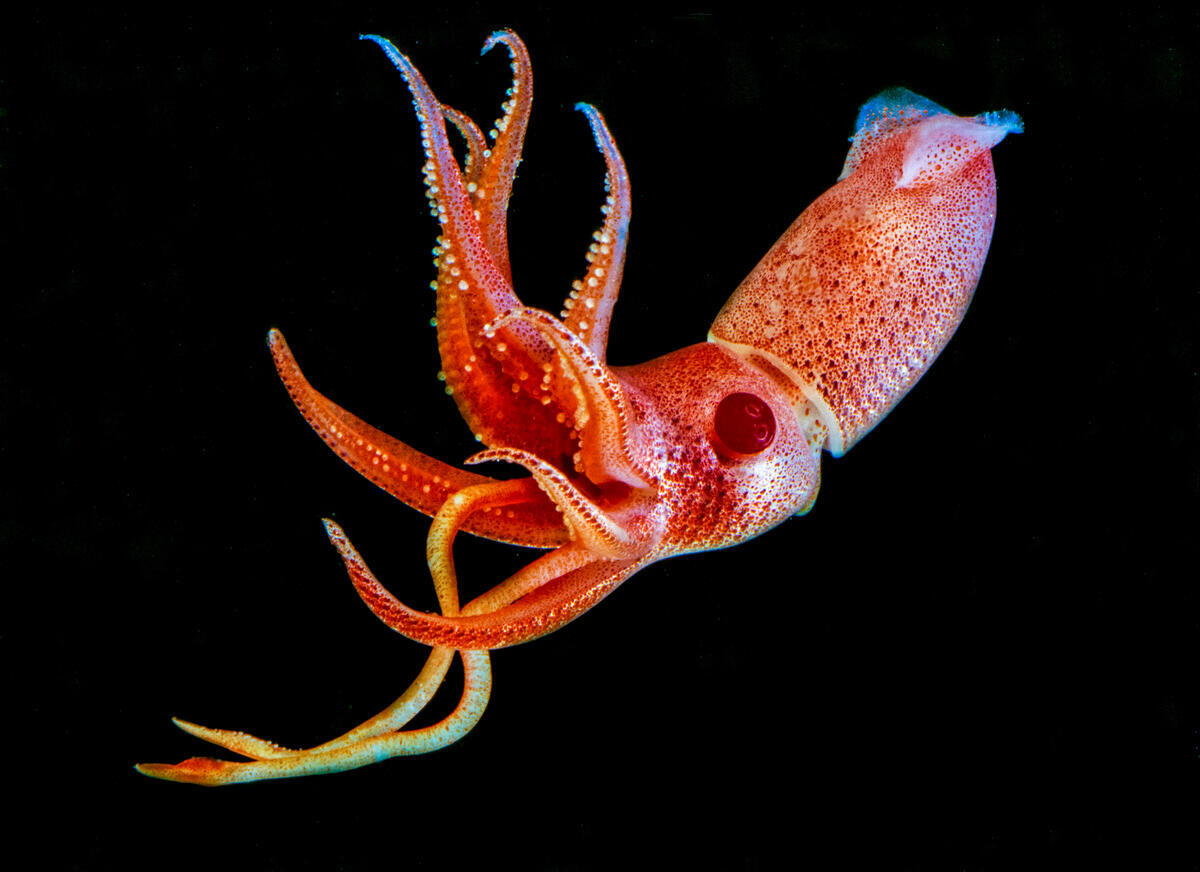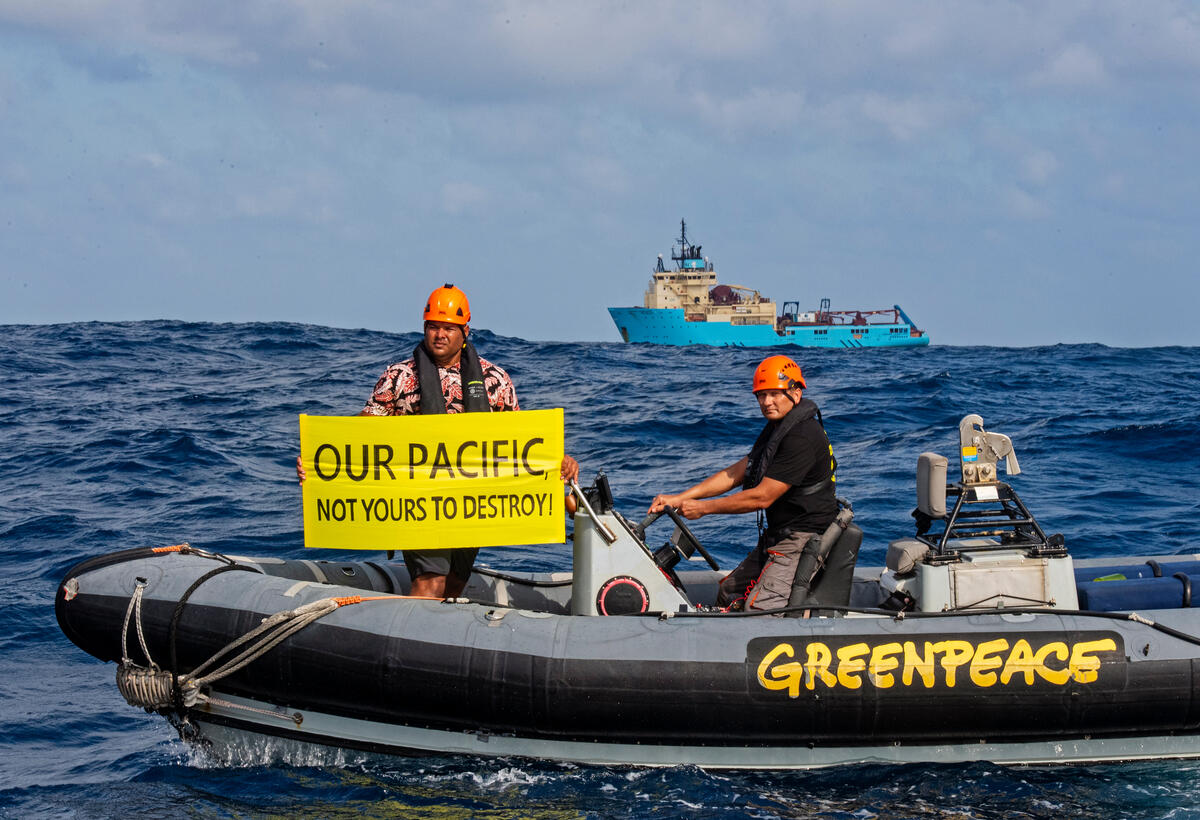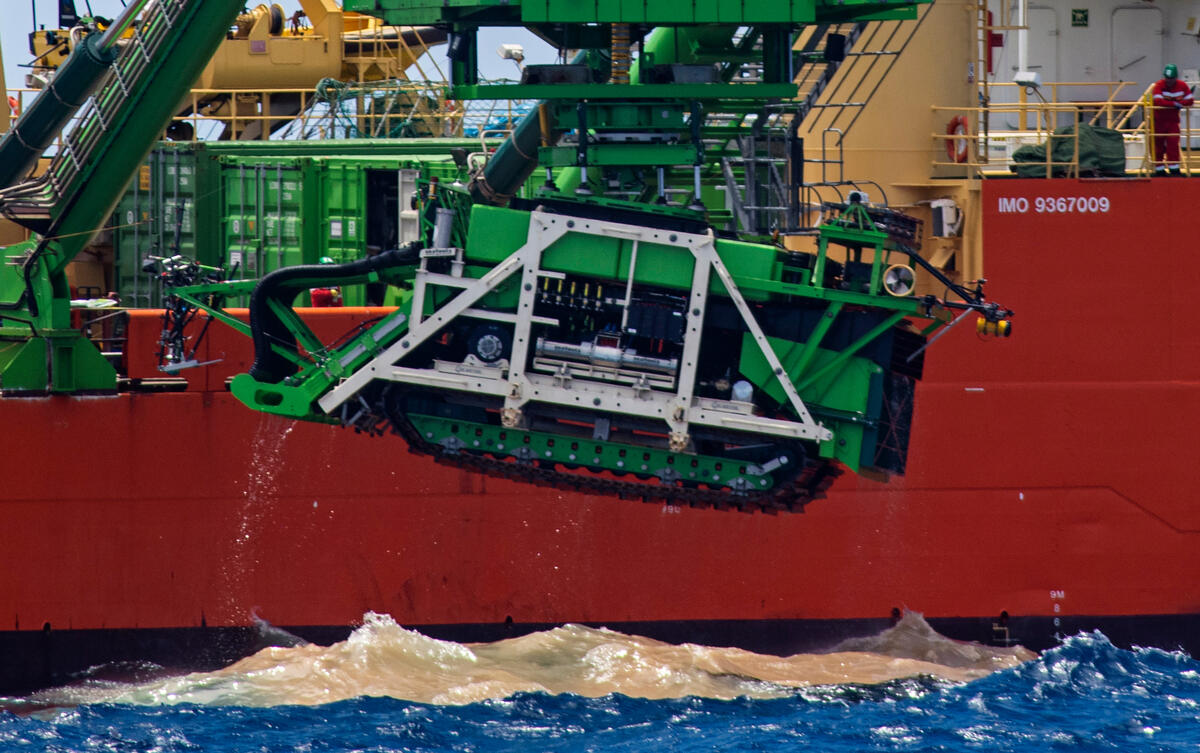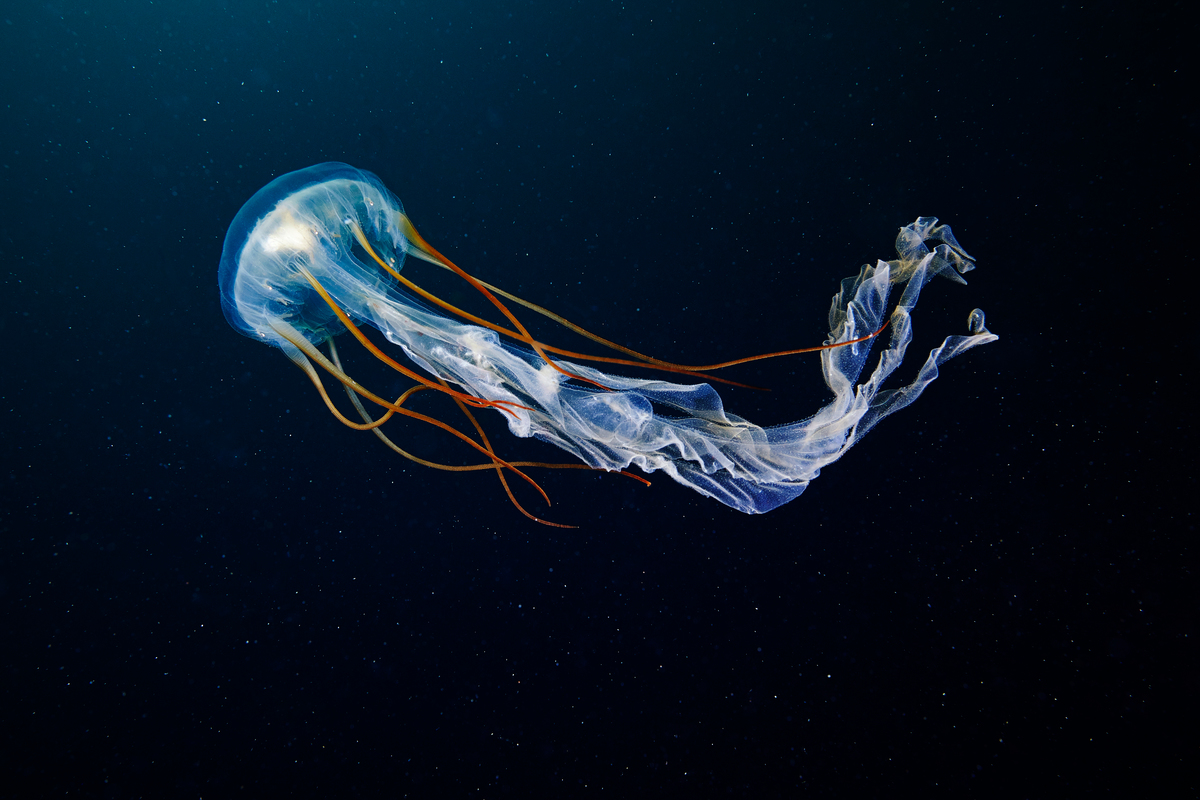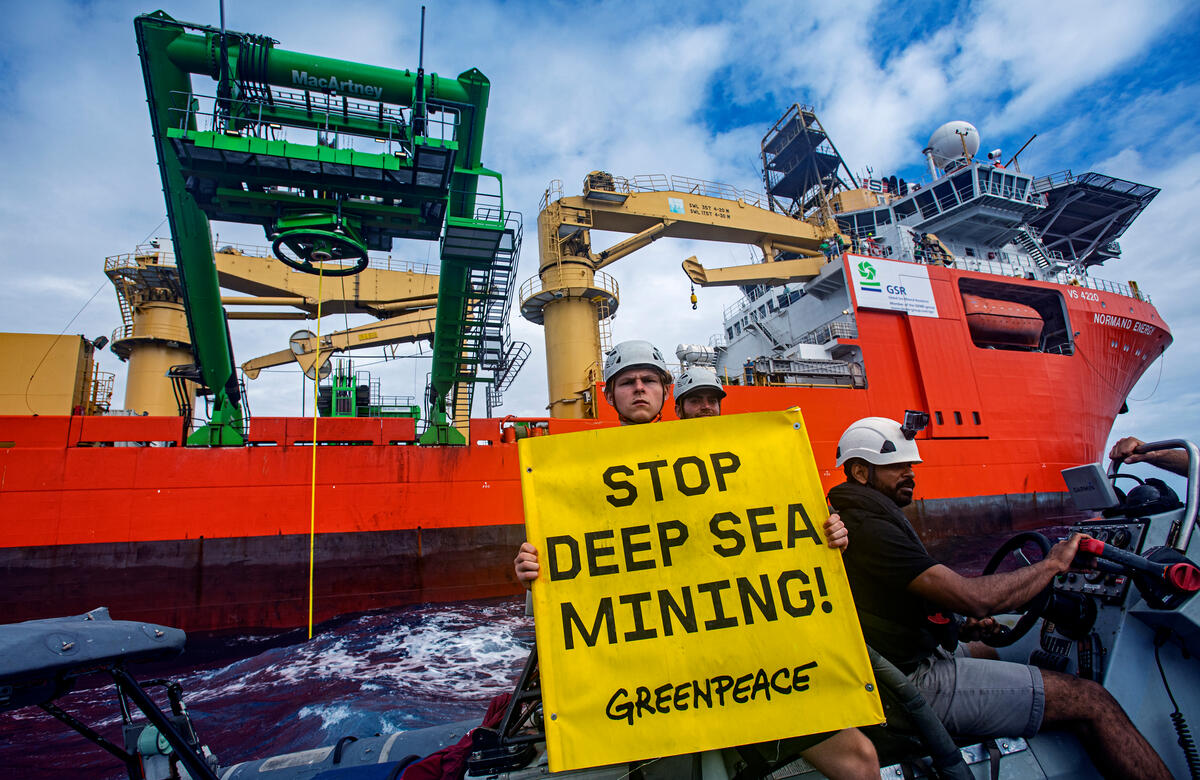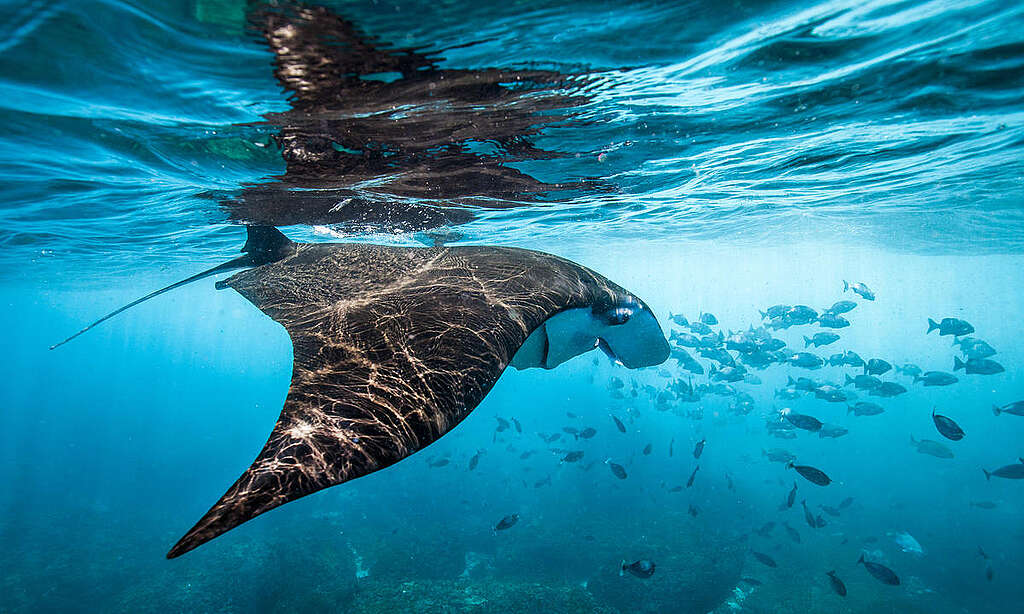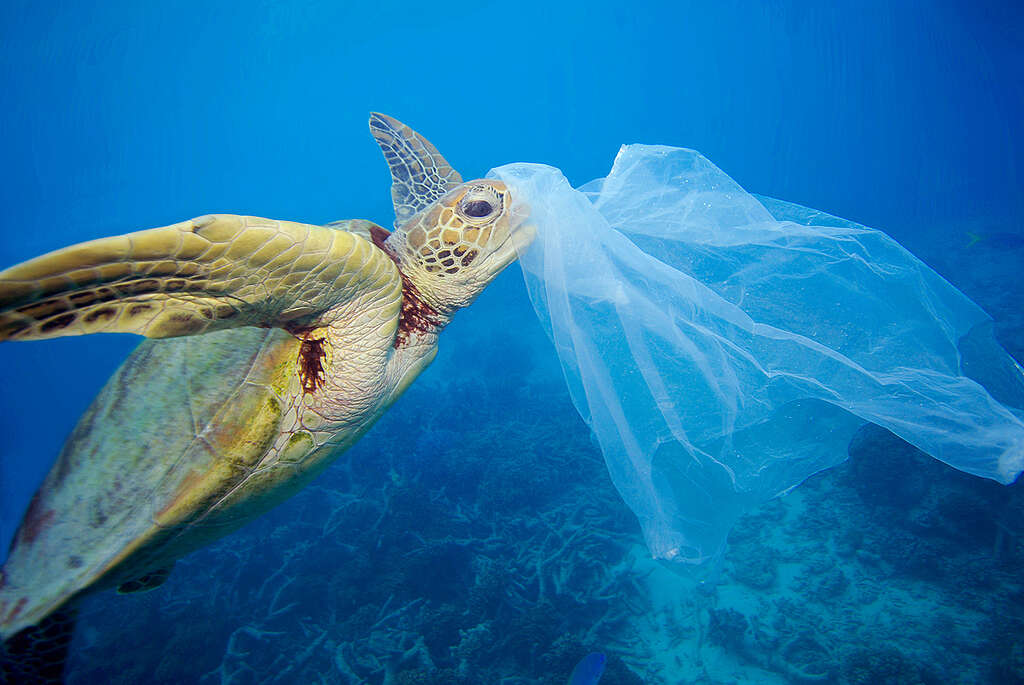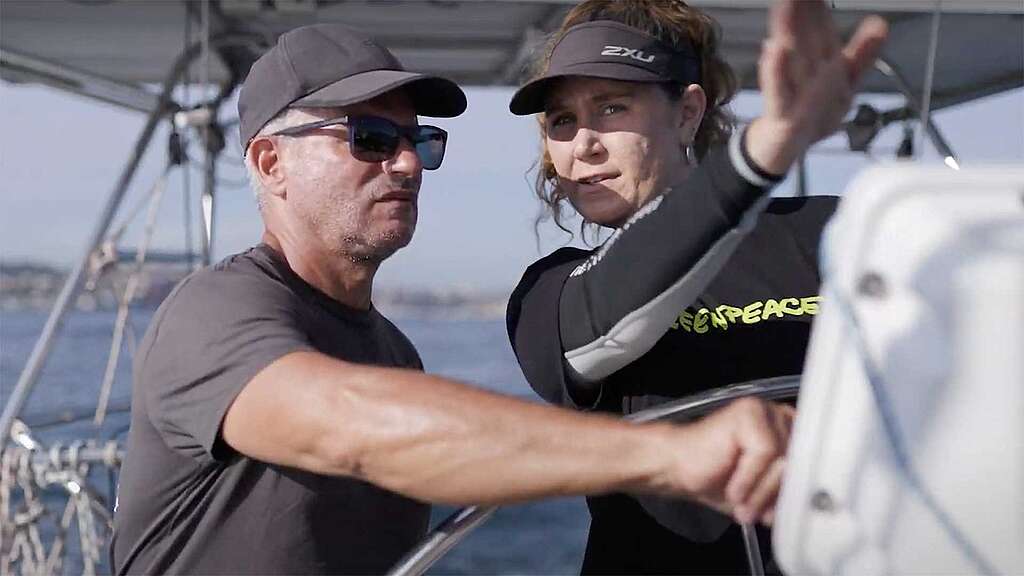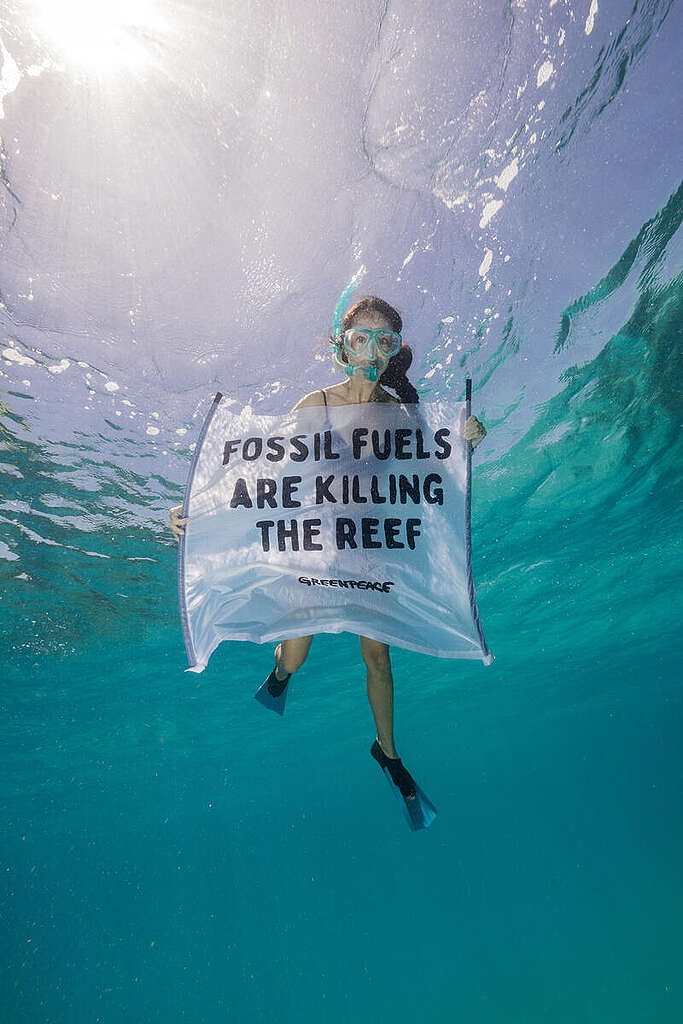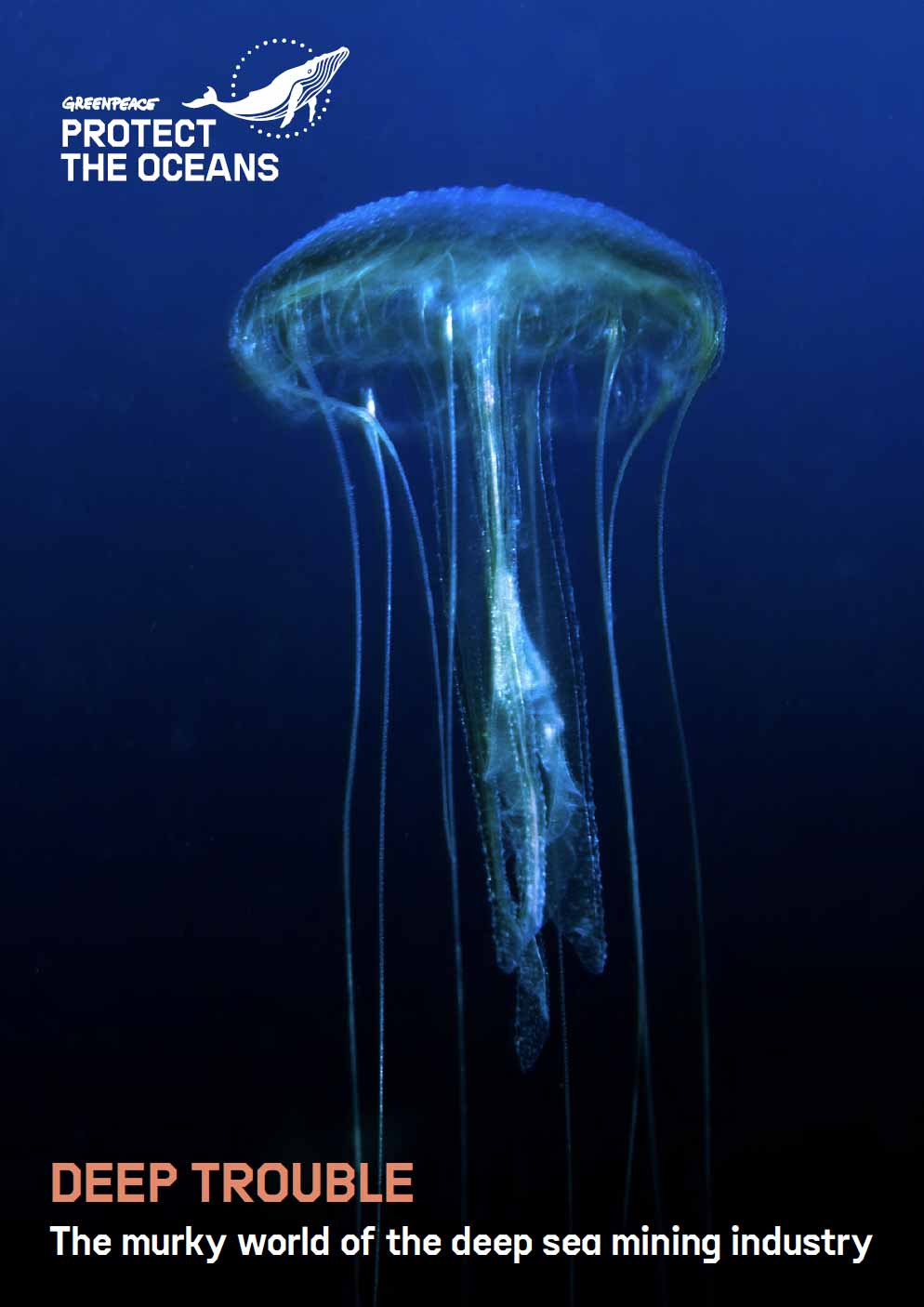Stop Deep Sea Mining
Our Deep Sea ecosystems are some of the most uncharted in the world. But before we get to fully understand them, we could lose them.
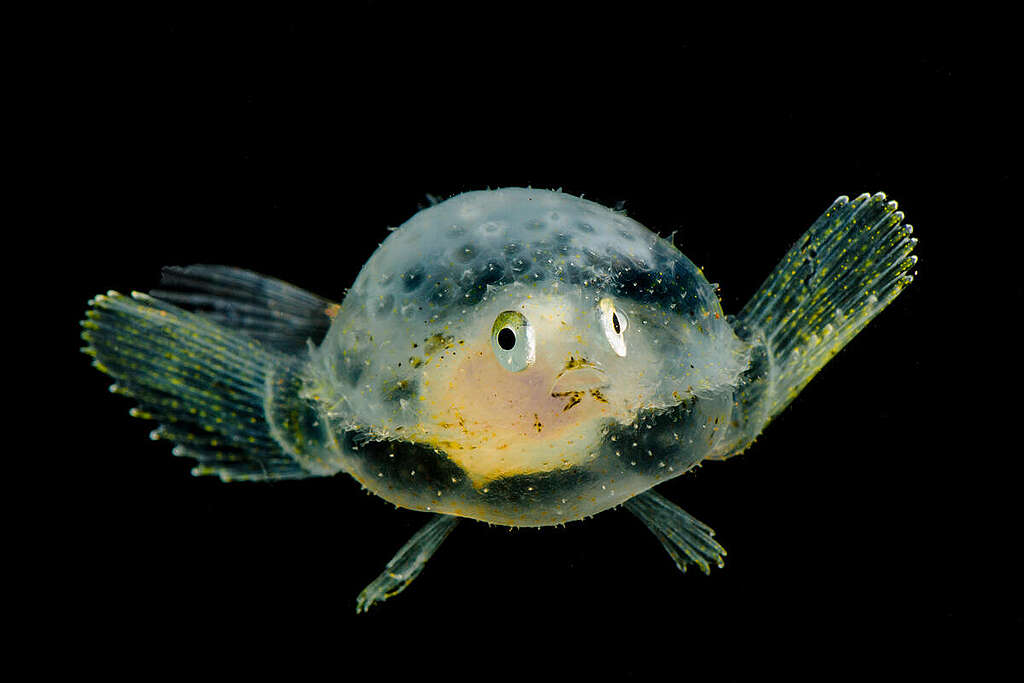
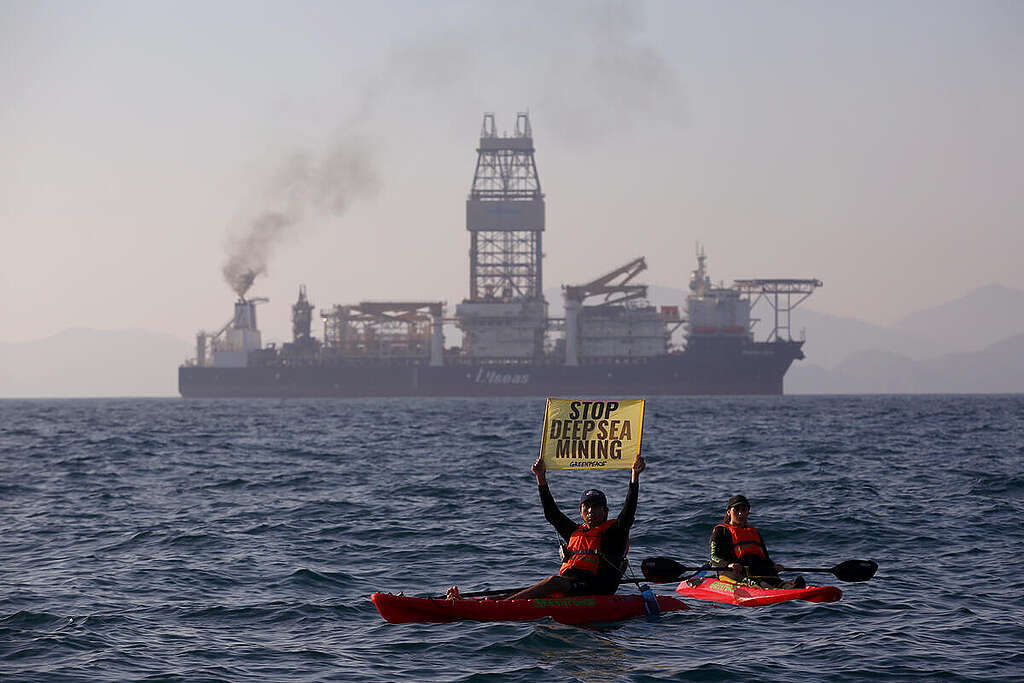
Greedy companies want to mine the seafloor for profit. 2 million people worldwide say no to deep sea mining – will you join them?
Sign petitionWhat is Deep Sea Mining?
Deep sea mining is a brand-new destructive industry on the precipice of starting, which would involve mining metals and minerals from the seabed. If allowed to start, this industry would damage the oceans beyond repair, possibly driving countless species to extinction.
Deep sea mining is the practice of removing metals and minerals from the ocean’s seabed. Thousands of metres under the sea, deposits of metals and minerals like manganese, nickel and cobalt have built up on the seafloor over millions of years.
To mine these metals, gigantic machines weighing more than a blue whale would scoop deposits from the deep ocean floor. They’d then pump the mined material up to a ship through several kilometres of tubing. Sand, seawater and other mineral waste would then be pumped back into the water.
Deep sea mining is a very new industry. Apart from a few small tests, no commercial mining has happened yet. But the companies involved are preparing to start full-scale production.
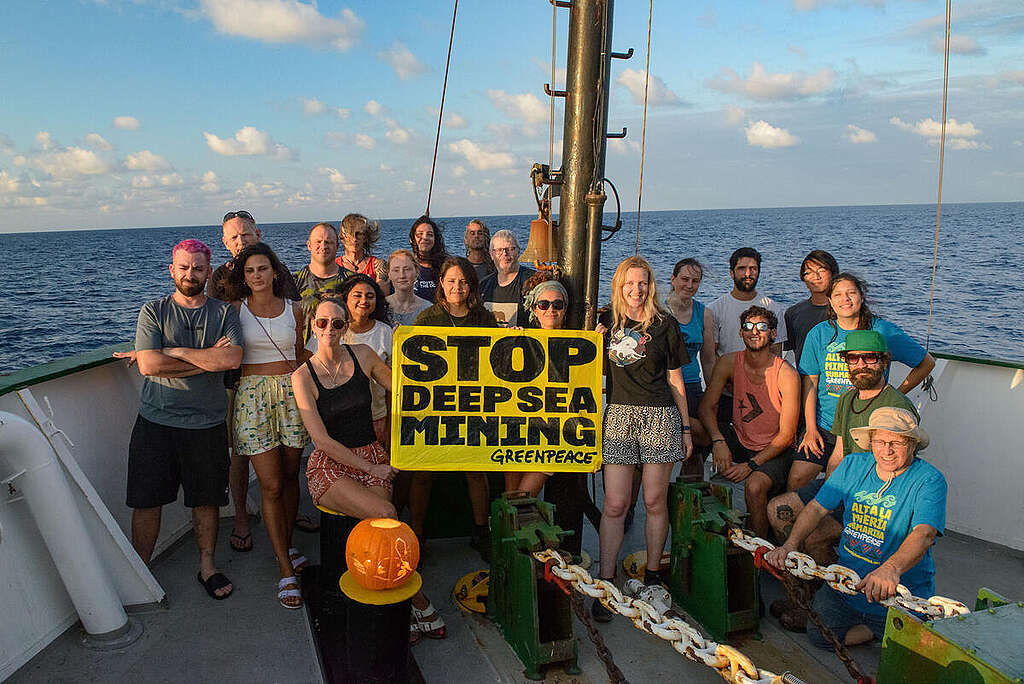
This is how we stop Deep Sea Mining, together
Hold governments accountable for deep sea mining
The Australian Labor Party has supported a moratorium on deep sea mining, thanks in part to the continued pressure from climate advocates and scientists. Now we must ensure that what is said in party memos is translated into action.
Keep up pressure ahead of the next ISA meeting
The International Seabed Authority is an intergovernmental body that regulates the deep sea, an area outside the jurisdiction of any one country. The go-ahead to start deep sea mining could come from agreements at the next meeting of the ISA in July 2024. So far only exploratory licenses have been granted for test operations in a region between Mexico and Hawaii, and no mining has begun. But the biggest mine operator, The Metals Company, has put forward an aggressive timeline to begin extracting at a large scale.
Amplify Pasifika voices calling for a ban
We can use your gifts to work with our global Greenpeace network to amplify the voices of Pasifika people standing up against deep sea mining and show the potential harm to ecosystems, which they are the custodians of.
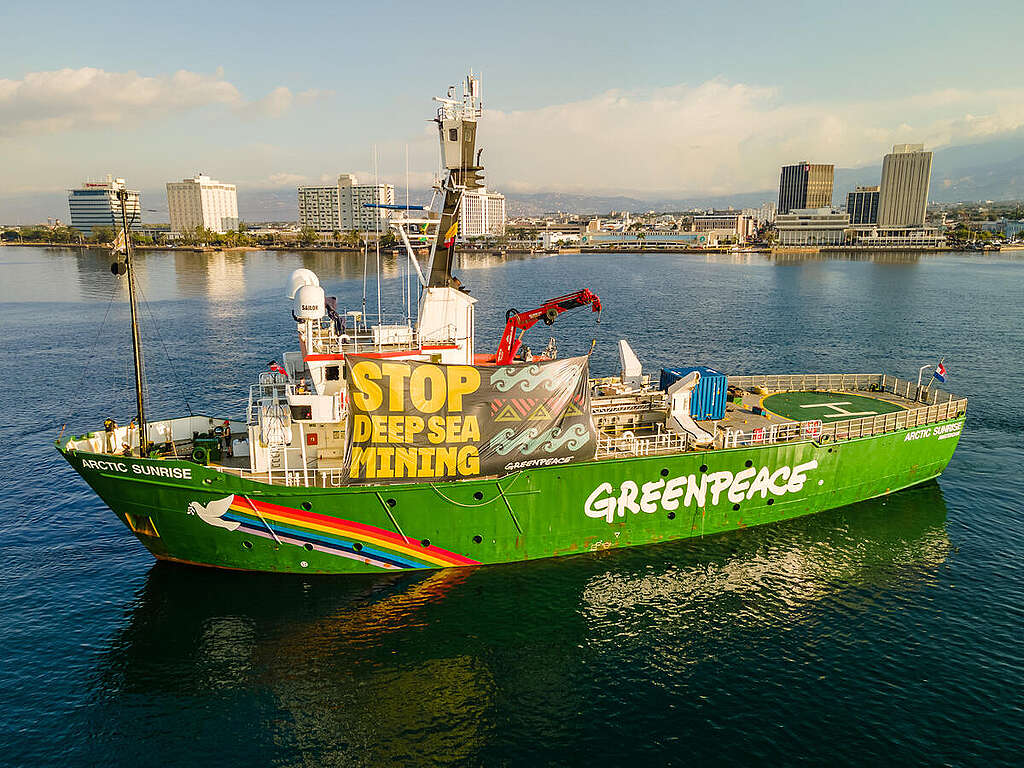
Learn more about Deep Sea Mining
Life underwater would be irreversibly harmed by deep sea mining. With your support, we can ramp up pressure, hold governments to account and guarantee protection for our deep oceans.
Get involved
Keep informed
Together we are part of a growing, global movement determined to bring about the changes our planet desperately needs. Sign up to receive updates on our campaigns.

